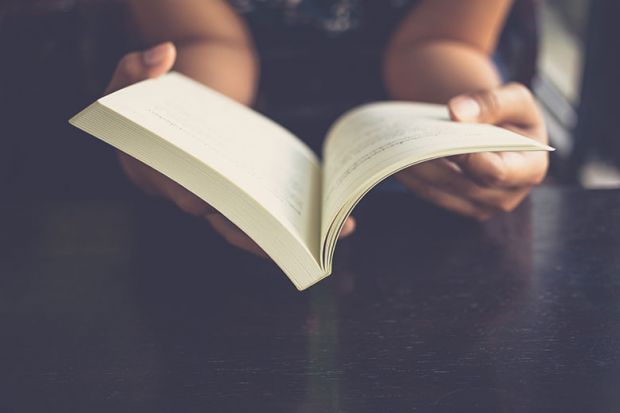Sir David Bell, vice-chancellor and chief executive at the University of Sunderland, is reading Max Hastings’ Vietnam: An Epic Tragedy, 1945-1975 (William Collins, 2018). “This book has a particular resonance for the author, a young war correspondent caught up in the conflict in the late 1960s. As Hastings vividly describes, a ‘secret’ war eventually cost the lives of 56,000 US soldiers and untold numbers of Vietnamese. But it was the manner of the defeat that seared the American consciousness for decades to come. Hastings is particularly good on the North Vietnamese unyielding will to win. As for their opponents, it is questionable if it was ever there in sufficient measure in the first place. While not an original work of scholarship, this is a comprehensive single-volume narrative, enlivened by personal stories on both sides, illustrating the grimness of war for the ordinary civilian and soldier.”
Peter J. Smith, reader in Renaissance literature at Nottingham Trent University, is reading J. M. Coetzee’s Waiting for the Barbarians (Penguin, 1982). “This severe novella transposes Joseph Conrad’s Heart of Darkness to an unnamed frontier settlement, overseen by an unnamed magistrate – the protagonist and first-person narrator. Biding his time peaceably, the magistrate’s routine is turned upside down by the arrival of the sadistic Colonel Joll, whose capture and torture of the local river people prompts his own, short-lived act of mutiny. The magistrate is now subjected to Joll’s violence, compelling him to redefine his staid assumptions about ‘civilised’ and ‘barbarian’. He rails against Joll, ‘You are the enemy, you have made the war…History will bear me out!’ Joll responds with chilling disdain, ‘There will be no history, the affair is too trivial.’ It’s a painful and concise exemplum of the complacency and impunity of state-sanctioned injustice.”
Maria Delgado, professor and director of research at the Royal Central School of Speech and Drama, University of London, is reading Adapting Translation for the Stage (edited by Geraldine Brodie and Emma Cole; Routledge, 2017). “In this timely collection of essays, theatre offers a valuable site for wider debates on the politics and crafting of translation. Valuable interdisciplinary dialogues between translators, directors, classicists and literary scholars prise apart problematic distinction between theory and practice. There are detailed treatments of particular adaptations that refashion canonic Western works – including Ben Power’s Medea for the National Theatre in 2014 and Sarah Kane’s Phaedra’s Love for the Gate in 1996 — as well as broader reflections on fault lines, dialogues and challenges by senior figures in the field. Translators interrogate the doing both inside and outside the rehearsal room, while a jointly authored piece dissects the process of collaboration. It is good to see works from the global South forming an integral part of the discussion.”
